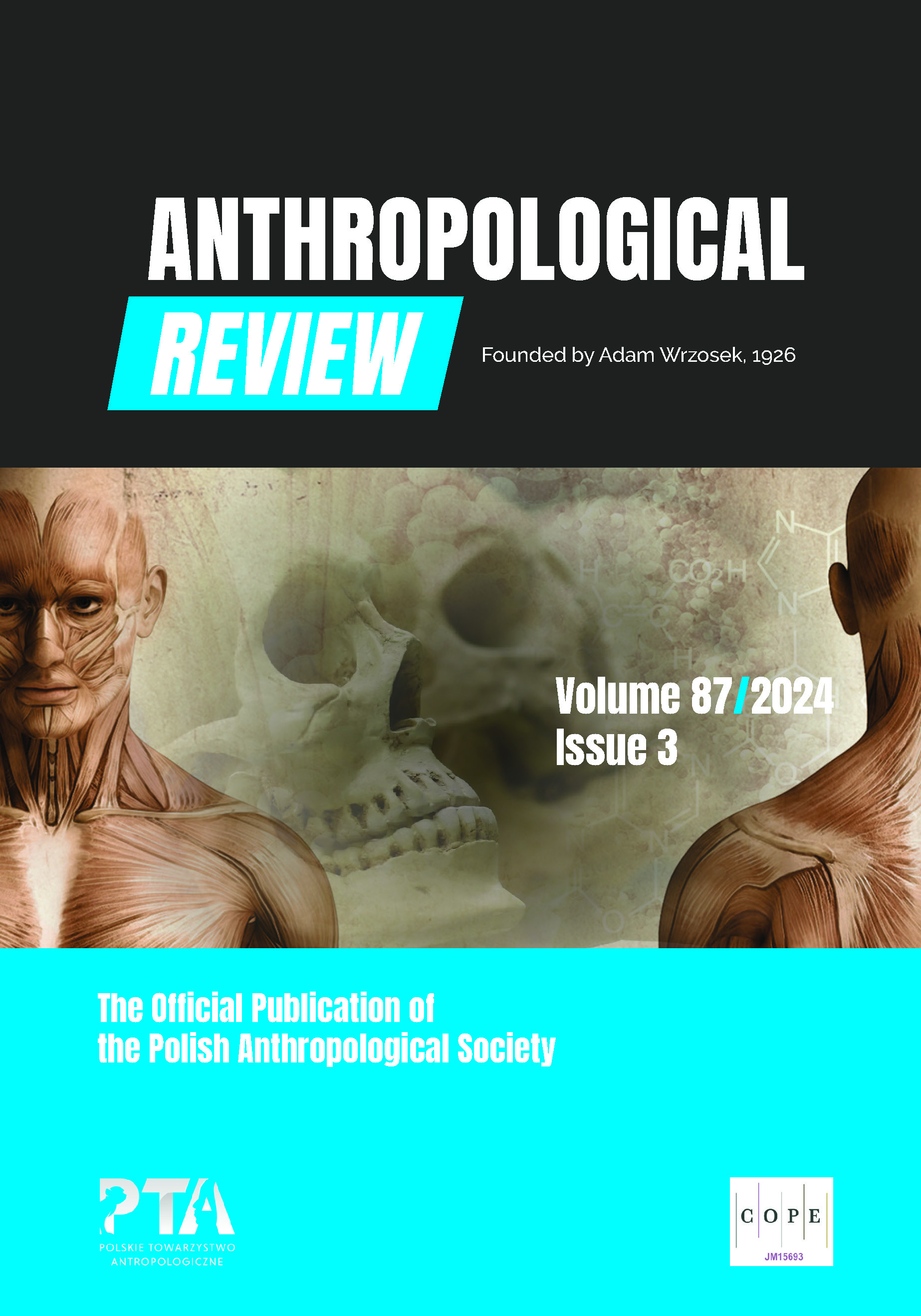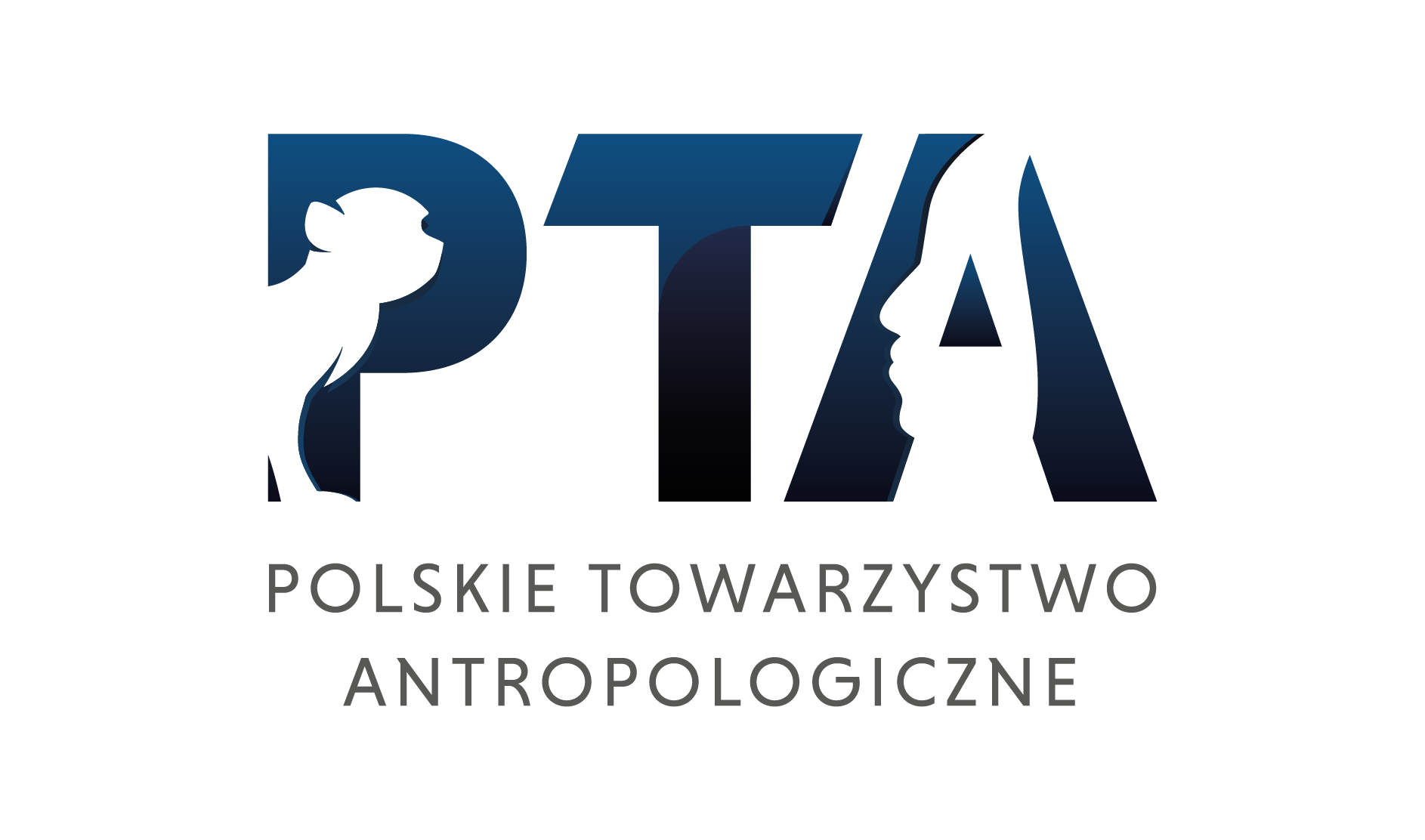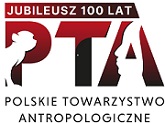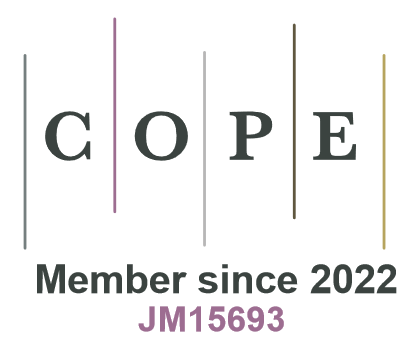Forensic facial identification – reconstruction of facial geometry and shape from dental dimensions
DOI:
https://doi.org/10.18778/1898-6773.87.3.04Keywords:
facial morphology, facial reconstruction, facial dimensions, dental dimensions, forensic identification, disaster victim identificationAbstract
Human identification has always remained as a main task of forensic anthropology and forensic science for various purposes. The purpose of human identification may vary from legal identity to disaster victim identification, from criminal identity to unidentified deceased identification. The condition, such as putrefaction, charring and mutilation of corpse always become an obstacle during the process of identification. Due to surviving nature of teeth, they may serve as evidence for identification in highly decomposed conditions. Therefore, a cross-sectional study was conducted on 207 participants (93 males and 114 females) in the age range of 21 to 45 years with the aim of two-dimensional facial reconstruction. Dental casts, anthropometric facial measurements and facial photographs were obtained from the participants. Dental measurements were taken on the cast in the laboratory. Statistical analysis revealed a weak but statistically significant correlation between the dental and facial parameters. The geometrical faces and the shapes were reconstructed based on the dental dimensions. The reconstructed facial geometry and shapes were very similar to the true facial geometry and facial shapes of the individual. By improving identification of disaster victims and unidentified deceased, the results of the study can have considerable implications in forensic and medico-legal case-works.
Downloads
References
Alaghbari SS, Mohmmed BS, Alalwani NN, Sobhy MM, Qadi KA, Khawaji SA, Mhbob HO, Alsadi FM, Al Moaleem MM. 2023. Analysis of the facial measurements and dental arch dimensions for the construction of dental prostheses among adult Yemenis. J Contemp Dent Pract 24(8):595–604. https://doi.org/10.5005/jp-journals-10024-3511
View in Google Scholar
DOI: https://doi.org/10.5005/jp-journals-10024-3511
Alshamri HA, Al-Moaleem MM, Al-Huthaifi BH, Al-Labani MA, Naseeb WR, Daghriri SM, Suhail IM, Hamzi WH, Abu Illah MJ, Thubab AY, Aljabali SA. 2023. Correlation between maxillary anterior teeth and common facial measurements. Clin Cosmet Investig Dent 15:289–300. https://doi.org/10.2147/CCIDE.S438302
View in Google Scholar
DOI: https://doi.org/10.2147/CCIDE.S438302
Anu V, Arsheya GS, Anjana V, Annison GK, Aruna ML, Alice AP, Aishwarya, BA. 2018. Dental caries experience, dental anomalies, and morphometric analysis of canine among monozygotic and dizygotic twins. Contemp Clin Dent 9(Suppl 2):S314–S317. https://doi.org/10.4103/ccd.ccd_345_18
View in Google Scholar
DOI: https://doi.org/10.4103/ccd.ccd_345_18
Bajnoczky I, Kiralyfalvi L. 1995. A new approach to computer-aided comparison of skull and photograph. Int J Legal Med 108(3):157–161. doi: 10.1007/BF01844829.
View in Google Scholar
DOI: https://doi.org/10.1007/BF01844829
Banerjee A, Kamath VV, Satelur K, Rajkumar K, Sundaram L. 2016. Sexual dimorphism in tooth morphometrics: An evaluation of the parameters. J Forensic Dent Sci 8(1):22–27. https://doi.org/10.4103/0975-1475.176946
View in Google Scholar
DOI: https://doi.org/10.4103/0975-1475.176946
Chitara N, Rani D, Kanchan T, Krishan K. Odontoma and other congenital dental anomalies: Implications for forensic identification. Congenit Anom 63(5):132– 140. https://doi.org/10.1111/cga.12533
View in Google Scholar
DOI: https://doi.org/10.1111/cga.12533
Chunhabundit P, Prateepamornkul P, Arayapisit T, Teavirat N, Tanachotevorapong P, Varrathyarom P, Srimaneekarn N. 2023. Two-dimensional facial measurements for anterior tooth selection in complete denture treatment. Heliyon 9(10):e20302. https://doi.org/10.1016/j.heliyon.2023.e20302
View in Google Scholar
DOI: https://doi.org/10.1016/j.heliyon.2023.e20302
Damas S, Cordón O, Ibáñez O. 2020. Handbook on craniofacial superimposition: The MEPROCS project. 1st ed. New York: Springer Nature.
View in Google Scholar
DOI: https://doi.org/10.1007/978-3-319-11137-7
Filipovic G, Kanjevac T, Cetenovic B, Ajdukovic Z, Petrovic N. 2016. Sexual dimorphism in the dimensions of teeth in a Serbian population. Coll Antropol 40(1):23–28. PMID: 27301233.
View in Google Scholar
Gomes VL, Gonçalves LC, Do Prado CJ, Junior IL, De Lima Lucas B. 2006. Correlation between facial measurements and the mesiodistal width of the maxillary anterior teeth. J Esthet Restor Dent 18(4):196–205. https://doi.org/10.1111/j.1708-8240.2006.00019_1.x
View in Google Scholar
DOI: https://doi.org/10.1111/j.1708-8240.2006.00019_1.x
Hall JG, Froster-Iskenius UG, Allanson JE. 1989. Hand Book of normal physical measurements. Oxford: Oxford University Press.
View in Google Scholar
Hinchliffe J. 2011. Forensic odontology, part 1. Dental identification. Br Dent J 210:219–224.
View in Google Scholar
DOI: https://doi.org/10.1038/sj.bdj.2011.146
INTERPOL. 2018. Disaster Victim Identification Guide. [cited 2023 Nov 2023]. Available from https://www.interpol.int/en/How-we-work/Forensics/Disaster-Victim-Identification-DVI
View in Google Scholar
Jahanshahi M. 2012. Ethnicity and Facial Anthropometry. In: Handbook of Anthropometry: Physical Measures of Human Form in Health and Disease. New York: Springer Nature.
View in Google Scholar
DOI: https://doi.org/10.1007/978-1-4419-1788-1_157
Jain A, Saxena A, Jain S, Parihar AP, Rawat A. 2021. Prevalence of developmental dental anomalies of number and size in Indian population according to age and gender. Int J Clin Pediatr Dent 14(4):531–536. https://doi.org/10.5005/jp-journals-10005-1980
View in Google Scholar
DOI: https://doi.org/10.5005/jp-journals-10005-1980
Jayakrishnan JM, Reddy J, Kumar RV. 2021. Role of forensic odontology and anthropology in the identification of human remains. J Oral Maxillofac Pathol 25(3):543–547. https://doi.org/10.4103/jomfp.jomfp_81_21
View in Google Scholar
DOI: https://doi.org/10.4103/jomfp.jomfp_81_21
Jodalli PS, Panchmal GS, Sonde L, Somaraj V. 2016. Heterogeneous occlusal traits among monozygotic twins from the village of twins–A report of 3 cases. Ann Int Med Dent Res 2(6):DE19–23. https://doi.org/10.21276/aimdr.2016.2.6.DE4
View in Google Scholar
DOI: https://doi.org/10.21276/aimdr.2016.2.6.DE4
Kini AY, Angadi GS. 2013. Biometric ratio in estimating widths of maxillary anterior teeth derived after correlating anthropometric measurements with dental measurements. Gerodontology 30(2):105–111. https://doi.org/10.1111/j.1741-2358.2012.00648.x
View in Google Scholar
DOI: https://doi.org/10.1111/j.1741-2358.2012.00648.x
Koralakunte PR, Budihal DH. 2012. A clinical study to evaluate the correlation between maxillary central incisor tooth form and face form in an Indian population. J Oral Sci 54(3):273–278. https://doi.org/10.2334/josnusd.54.273
View in Google Scholar
DOI: https://doi.org/10.2334/josnusd.54.273
Krishan K, Kanchan T, Garg AK. Dental evidence in forensic identification–An overview, methodology and present status. Open Dent J 9:250–256. https://doi.org/10.2174/1874210601509010250
View in Google Scholar
DOI: https://doi.org/10.2174/1874210601509010250
Lu X, Jain AK. 2004. Ethnicity identification from face images. In: Proceedings of SPIE 5404:114–123. https://doi.org/10.1117/12.542847
View in Google Scholar
DOI: https://doi.org/10.1117/12.542847
Madi HA, Swaid S, Al-Amad S. 2013. Assessment of the uniqueness of human dentition. J Forensic Odontostomatol 31(1):30–39. PMID: 24776439.
View in Google Scholar
Matis JA, Zwemer TJ. 1971. Odontognathic discrimination of United States Indian and Eskimo groups. J Dent Res 50(5):1245–1248. https://doi.org/10.1177/00220345710500052501
View in Google Scholar
DOI: https://doi.org/10.1177/00220345710500052501
Mehndiratta A, Bembalagi M, Patil R. 2019. Evaluating the association of tooth form of maxillary central incisors with face shape using AutoCAD software: A descriptive study. J Prosthodont 28(2):e469–e472. https://doi.org/10.1111/jopr.12707
View in Google Scholar
DOI: https://doi.org/10.1111/jopr.12707
Mishra MK, Singh RK, Suwal P, Parajuli PK, Shrestha P, Baral D. 2016. A comparative study to find out the relationship between the inner inter-canthal distance, interpupillary distance, inter-commissural width, inter-alar width, and the width of maxillary anterior teeth in Aryans and Mongoloids. Clin Cosmet Investig Dent 8:29–34. https://doi.org/10.2147/CCIDE.S87837
View in Google Scholar
DOI: https://doi.org/10.2147/CCIDE.S87837
Mohammed F, Fairozekhan AT, Bhat S, Menezes RG. 2019. Forensic Odontology. Treasure Island: StatPearls Publishing.
View in Google Scholar
Moreno-Gómez F. 2013. Sexual dimorphism in human teeth from dental morphology and dimensions: A dental anthropology viewpoint. In: Sexual Dimorphism. London: InTech
View in Google Scholar
DOI: https://doi.org/10.5772/55881
Moritsugudi DS, Fugiwara FV, Vassallo FN, Mazzilli LE, Beaini TL, Melani RF. 2022. Facial soft tissue thickness in forensic facial reconstruction: Impact of regional differences in Brazil. PLos ONE 17(7):e0270980. https://doi.org/10.1371/journal.pone.0270980
View in Google Scholar
DOI: https://doi.org/10.1371/journal.pone.0270980
Neda AK, Garib BT. 2016. Selecting maxillary anterior tooth width by measuring certain facial dimensions in the Kurdish population. J Prosthet Dent 115(3):329–334. https://doi.org/10.1016/j.prosdent.2015.08.012
View in Google Scholar
DOI: https://doi.org/10.1016/j.prosdent.2015.08.012
Omar H, Alhajrasi M, Felemban N, Hassan A. 2018. Dental arch dimensions, form and tooth size ratio among a Saudi sample. Saudi Med J 39(1):86–91. https://doi.org/10.15537/smj.2018.1.21035
View in Google Scholar
DOI: https://doi.org/10.15537/smj.2018.1.21035
Özdemir H, Köseoğlu M. 2019. Relationship between different points on the face and the width of maxillary central teeth in a Turkish population. J Prosthet Dent 122(1):63–68. https://doi.org/10.1016/j.prosdent.2018.11.006
View in Google Scholar
DOI: https://doi.org/10.1016/j.prosdent.2018.11.006
Parciak EC, Dahiya AT, AlRumaih HS, Kattadiyil MT, Baba NZ, Goodacre CJ. 2017. Comparison of maxillary anterior tooth width and facial dimensions of 3 ethnicities. J Prosthte Dent 118(4):504–510. https://doi.org/10.1016/j.prosdent.2016.10.035
View in Google Scholar
DOI: https://doi.org/10.1016/j.prosdent.2016.10.035
Singh IP, Bhasin MK. 1968. Anthropometry. Delhi: Kamla Raj Enterprises.
View in Google Scholar
Tinoco RL, Lima LN, Delwing F, Francesquini JrL, Daruge JrE. 2016. Dental anthropology of a Brazilian sample: Frequency of nonmetric traits. Forensic Sci Int 258:102–e1–e5. https://doi.org/10.1016/j.forsciint.2015.10.019
View in Google Scholar
DOI: https://doi.org/10.1016/j.forsciint.2015.10.019
Ubelaker DH, Bubniak E, O’Donnell G. 1992. Computer-assisted photographic superimposition. J Forensic Sci 37:750–762.
View in Google Scholar
DOI: https://doi.org/10.1520/JFS11987J
Voegeli R, Schoop R, Prestat-Marquis E, Rawlings AV, Shackelford TK, Fink B. 2021. Cross-cultural perception of female facial appearance: A multi-ethnic and multi-centre study. PLos ONE 16(1):e0245998. https://doi.org/10.1371/journal.pone.0245998
View in Google Scholar
DOI: https://doi.org/10.1371/journal.pone.0245998
Wolfart S, Menzel H, Kern M. 2004. Inability to relate tooth forms to face shape and gender. Eur J Oral Sci 112(6):471–476. https://doi.org/10.1111/j.1600-0722.2004.00170.x
View in Google Scholar
DOI: https://doi.org/10.1111/j.1600-0722.2004.00170.x
Zorba E, Moraitis K, Manolis SK. 2011. Sexual dimorphism in permanent teeth of modern Greeks. Forensic Sci Int 210(1– 3):74–81. https://doi.org/10.1016/j.forsciint.2011.02.001
View in Google Scholar
DOI: https://doi.org/10.1016/j.forsciint.2011.02.001
Downloads
Published
Versions
- 07-11-2024 (2)
- 30-09-2024 (1)
How to Cite
Issue
Section
License

This work is licensed under a Creative Commons Attribution-NonCommercial-NoDerivatives 4.0 International License.









